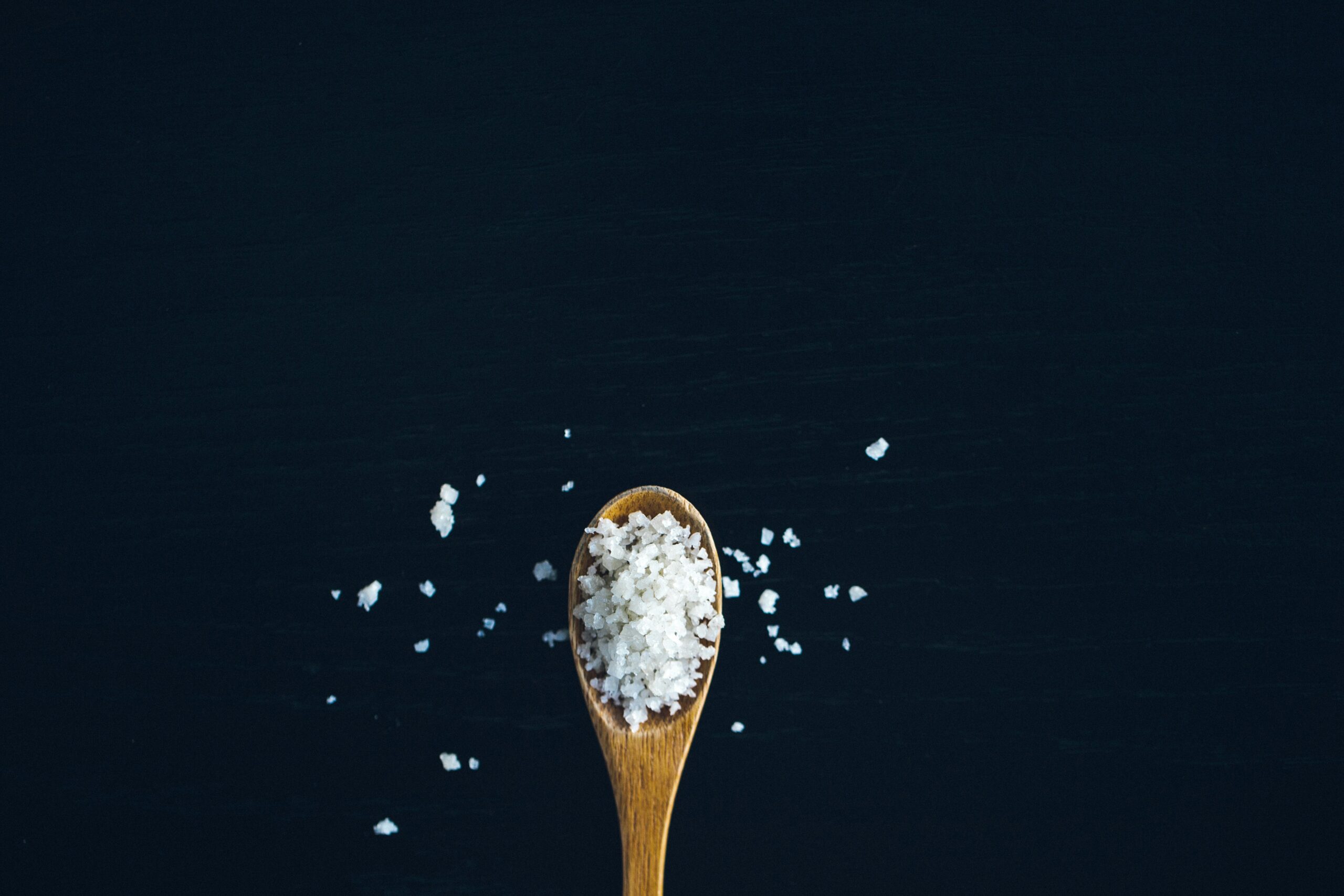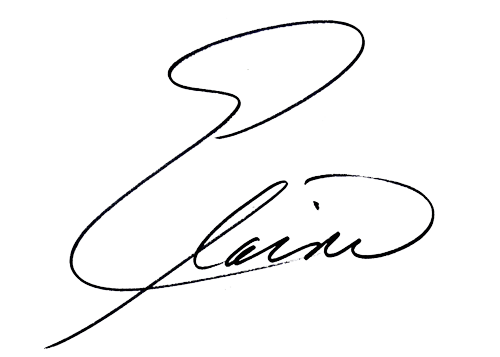“Health authorities telling us that salt causes hypertension and we need to limit our intake are causing incredible suffering every day. Salt makes many healthy foods taste better! That’s why . . . I recommend this simple rule: seek salt.” Dr. Cate Shanahan
I meant for this to be a short little post about a simple little substance . . .
SALT.
But instead I’ve found it to be a highly political issue driven by numerous “official” recommendations that have indicated for years that we need to be limiting this substance.
But should we?
The Government Guidelines
“(Salt) maintains the balance of our fluids, which carry oxygen and nutrients around the body. . . playing a critical role in physical and cognitive performance . . .’ David Asprey
For years we’ve been led to believe that too much salt is bad for us. That it can lead to hypertension and a host of unhappy events in the body.
And yet the government guidelines were developed at a time (1970) when very little was actually known about the stuff. And many of those who have studied the issue say the guidelines established were essentially a guess.
About Your Blood Pressure
And the business about too much salt causing high blood pressure?
It seems that “myth-information” has been around so long we’ve come to believe it.
According to the American Heart Association, reducing salt intake from “median” levels (around 3,400 milligrams – 1.5 tsp) to the federal recommended levels (no more than 2,300 mg) produces only a slight drop of 1% to 2% in blood pressure.
Another research piece shows how the “data supporting universal salt reduction have never been compelling”.
Potassium Please
There are many contributing factors that can impact blood pressure. Sleep, stress, diet, weight, obesity, tobacco, age, alcohol . . . and other lifestyle factors play a role.
Interestingly, increasing potassium levels has shown to have a greater impact on reducing blood pressure than diminishing salt. Think . . . avocados, apples, bananas, leafy greens, sweet potatoes. Here’s a list.
Why You Need it
The human body operates via electrical signals that allow communication between cells, nerves, brain, muscles – and every part of you.
Salt is an electrolyte that when dissolved in water allows electricity to flow throughout your body.
It is essential for growth of the brain and neurological development.
Our adrenal glands require adequate salt to produce our hormones.
Salt even plays a key role in digestion.
Got it? We need it! Why do you suppose other mammals – cows, deer, horses, all seek out salt licks to stay alive?
How Much is Enough?
“Considering the relatively small impact of major salt reduction on blood pressure, it is unfortunate that consumers are not aware of all the other negative consequences that occur as a result of dietary salt reduction.” Sally Fallon, Weston A. Price Foundation
Dr. Cate Shanahan, a holistic doc I’ve followed for years, states that too little salt is more of a problem than too much and can cause fatigue, headaches, and may even contribute to kidney stones, osteoporosis, and dehydration.
Between 3 and 6 million people are hospitalized for low sodium every year.
Studies in the World Health Association’s report, indicate that people consuming less than 2000 mg per day suffer from more cardiovascular disease and strokes than people getting larger amounts of sodium.
This can also be an issue with the elderly, as deficiency can increase weakness and lead to organ failure.
Your Body Knows
“As a general recommendation, it seems that salt restriction for most people may be both unnecessary and possibly harmful in the long run.” Chris Kresser
The body naturally regulates the amount of salt. That’s the job of your kidneys which hang onto salt if we don’t get enough, and pee it out if we get too much.
It’s Not the Quantity
I’ve never worried much about the stuff and determine the amount I need by taste – as salt unlocks flavor in our food.
The greater consideration should be the kind of salt you use.
I dumped the “iodized” stuff long ago. It’s highly processed and lacking in the other minerals our bodies need.
Plus the iodine contained in “Iodized” salt, explains Lynn Farrow in her book, The Iodine Crisis, is hard to absorb and most escapes into the air once the container is opened.
For me, I’m sticking with celtic, himalayan, Fleur de Sel, and other mineralized and natural sources like this one suggested by Dave Asprey.
When to Proceed With Caution
Those who might want to proceed with caution are people with serious health problems or issues with kidney function. Although even the data supporting salt restriction for these people is still controversial.
With love ♥
PS – a cooking tip from Samin Nosrat in her book, Salt, Fat Acid, Heat. “Properly seasoned cooking water encourages food to retain its nutrients” rather than leaching them out into the water. Which is why I now blanch veggies like green beans and broccoli in salted water (should taste like the salt water from the sea). 😊
PPS – Here’s a link to the on-line, wholesale market I use, Thrive Market, where you can purchase the salts I mentioned and other pantry items that are often hard to find at a nice discount. My code will give you 40% off your first purchase.
Resources:
“Guilt By Association” – Dr. Cate Shanahan
Salt. The Secret Weapon in Your Kitchen
Chris Kresser – Shaking Up the Salt Myth


Leave A Comment